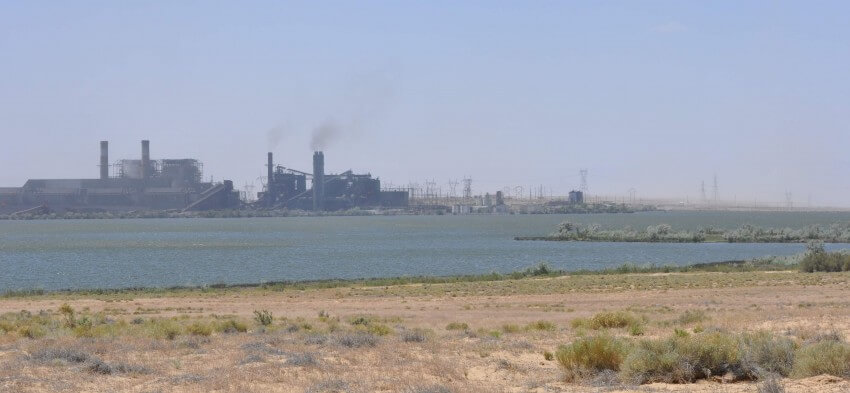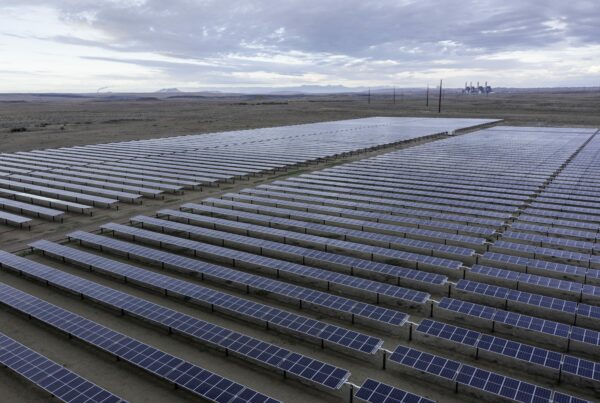A do-over. That’s what we and our partners asked the Department of Interior (DOI) for when they released their Draft Environmental Impact Statement (DEIS) for the Four Corners Power Plant and Navajo Mine Energy Project last year. Did we get it? Well, we’re wading though the 3000 pages of the newly released Final Environmental Impact Statement (EIS) to find out. We’ll let you know.
Meanwhile, we thought it might be helpful to remind you why the draft was so unacceptable and what we’ll be looking for as we dig through the final analysis.
The proposed action would allow the 50+ year old Four Corners Power Plant and Navajo Mine coal complex to continue operations from 2016-2041. That’s right – 2041 – burning coal here for another 25 years.
In June 2014 we submitted comments, along with Diné Citizens Against Ruining Our Environment, Center for Biological Diversity, Amigos Bravos, WildEarth Guardians and Sierra Club, cataloguing a long list of shortcomings that by law need to be adequately addressed. Below is a very abbreviated version of that list. As we work our way through this looming tome, we’ll keep you posted on how they did and what it all means for the future of the Four Corners.
The Draft Environmental Impact Statement:
- Lacked thorough or expert analysis of alternatives, such as retirement of the power plant in favor of cleaner energy options
- Inadequately considered carbon pollution impacts and climate risks, including increased drought and wildfires
- Ignored current and future public health problems, about which Sara Jane White of Diné Citizens Against Ruining Our Environment said “The DEIS complete failure on public health represents one of the worst environmental justice situations in the country.”
- Minimized the known impact of mercury and selenium pollution on highly endangered fish species
- Diminished threats from coal combustion waste (CCW)
- Ignored Navajo law and impacts to local culture
- Failed to assess financial terms and trust assets at the coal complex
As you can see, the DEIS produced last year didn’t just need tweaking, slightly stronger language or a more in depth analysis on a single issue– it needed to be done over. The DEIS was so egregiously deficient, we asked them to take the blinders off and start over with a thorough analysis of impacts to public health, climate, water, environmental justice and renewable transition options.
If you want to hear how they did and stay engaged on this issue, make sure you are signed up for our email updates and connect with us on social media using the icons at the bottom of the page.



